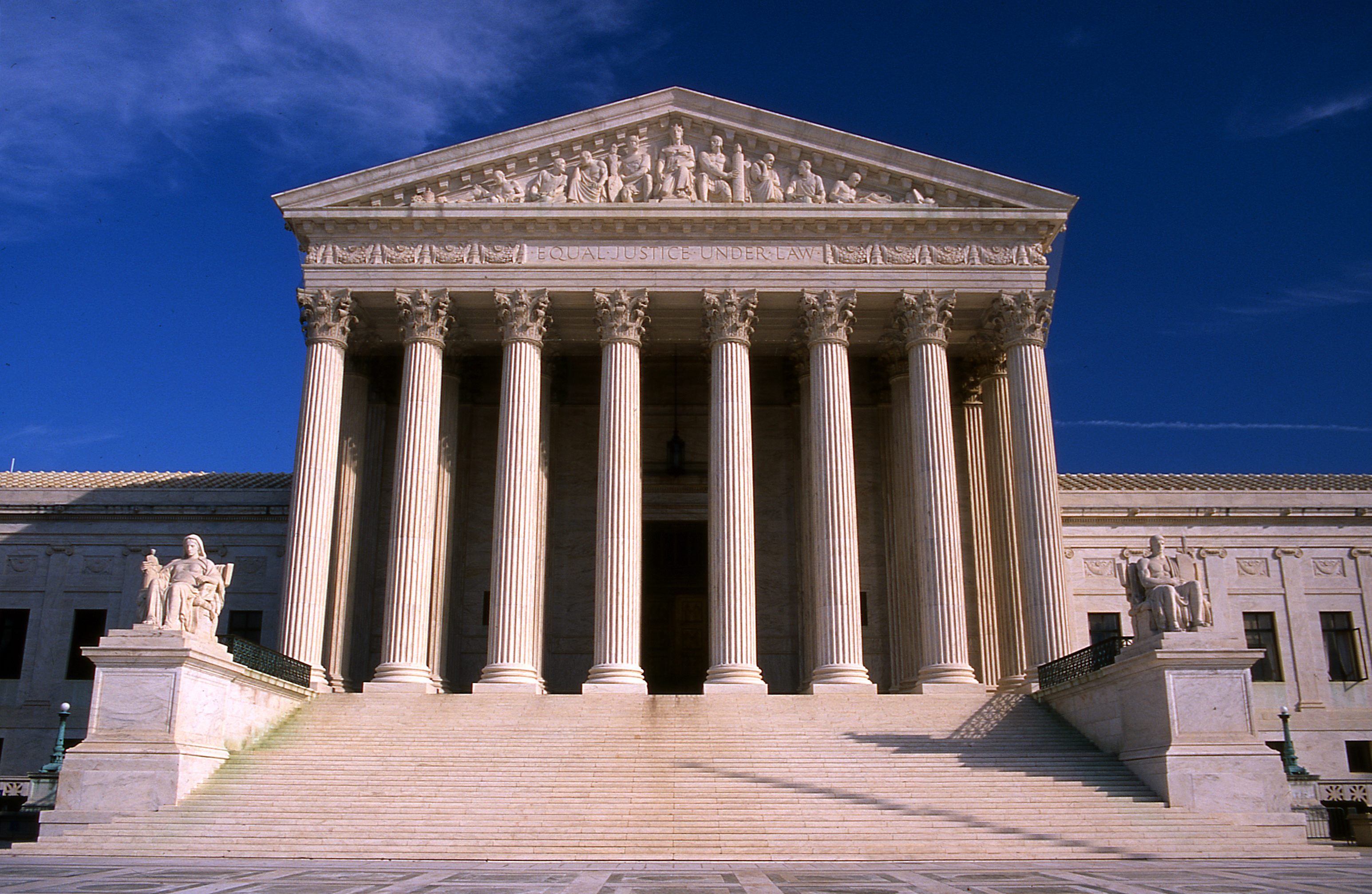
Amid an escalating debate over whether or not he should appoint a nominee to fill the late Justice Antonin Scalia’s now-vacant seat on the Supreme Court, President Obama penned a SCOTUSblog entry Wednesday morning outlining what he says he’ll look for in a Supreme Court nominee – who he said he fully intends to nominate.
In the statement, Obama said he'll look for a judge who understands that “justice is not about abstract legal theory, nor some footnote in a dusty casebook.” Because who would want old legal documents – like the Constitution – getting in the way of current legal decisions?
Doubling down on the notion that the next Supreme Court justice should be in step with current events and public opinion, Obama said he will nominate someone who “grasps the way it affects the daily reality of people’s lives in a big, complicated democracy, and in rapidly changing times.”
In addition, Obama said the nominee should have “an understanding of the way the world really works.”
With several high-impact court decisions looking on the horizon, including landmark cases on Obamacare’s birth control mandates, the president’s controversial climate change regulations and states’ abortion regulations, Obama plans to take advantage of the current gap on the nine-person SCOTUS panel to nominate a new justice – one who will presumably share his views on these far-reaching issues. And, predictably, the president is encouraging the Senate to approve his nominee, well before having actually named one:
And as Senators prepare to fulfill their constitutional responsibility to consider the person I appoint, I hope they’ll move quickly to debate and then confirm this nominee so that the Court can continue to serve the American people at full strength.
Check out the president’s SCOTUSblog entry in its entirety here:
The Constitution vests in the President the power to appoint judges to the Supreme Court. It’s a duty that I take seriously, and one that I will fulfill in the weeks ahead.
It’s also one of the most important decisions that a President will make. Rulings handed down by the Supreme Court directly affect our economy, our security, our rights, and our daily lives.
Needless to say, this isn’t something I take lightly. It’s a decision to which I devote considerable time, deep reflection, careful deliberation, and serious consultation with legal experts, members of both political parties, and people across the political spectrum. And with thanks to SCOTUSblog for allowing me to guest post today, I thought I’d share some spoiler-free insights into what I think about before appointing the person who will be our next Supreme Court Justice.
First and foremost, the person I appoint will be eminently qualified. He or she will have an independent mind, rigorous intellect, impeccable credentials, and a record of excellence and integrity. I’m looking for a mastery of the law, with an ability to hone in on the key issues before the Court, and provide clear answers to complex legal questions.
Second, the person I appoint will be someone who recognizes the limits of the judiciary’s role; who understands that a judge’s job is to interpret the law, not make the law. I seek judges who approach decisions without any particular ideology or agenda, but rather a commitment to impartial justice, a respect for precedent, and a determination to faithfully apply the law to the facts at hand.
But I’m also mindful that there will be cases that reach the Supreme Court in which the law is not clear. There will be cases in which a judge’s analysis necessarily will be shaped by his or her own perspective, ethics, and judgment. That’s why the third quality I seek in a judge is a keen understanding that justice is not about abstract legal theory, nor some footnote in a dusty casebook. It’s the kind of life experience earned outside the classroom and the courtroom; experience that suggests he or she views the law not only as an intellectual exercise, but also grasps the way it affects the daily reality of people’s lives in a big, complicated democracy, and in rapidly changing times. That, I believe, is an essential element for arriving at just decisions and fair outcomes.
A sterling record. A deep respect for the judiciary’s role. An understanding of the way the world really works. That’s what I’m considering as I fulfill my constitutional duty to appoint a judge to our highest court. And as Senators prepare to fulfill their constitutional responsibility to consider the person I appoint, I hope they’ll move quickly to debate and then confirm this nominee so that the Court can continue to serve the American people at full strength.
